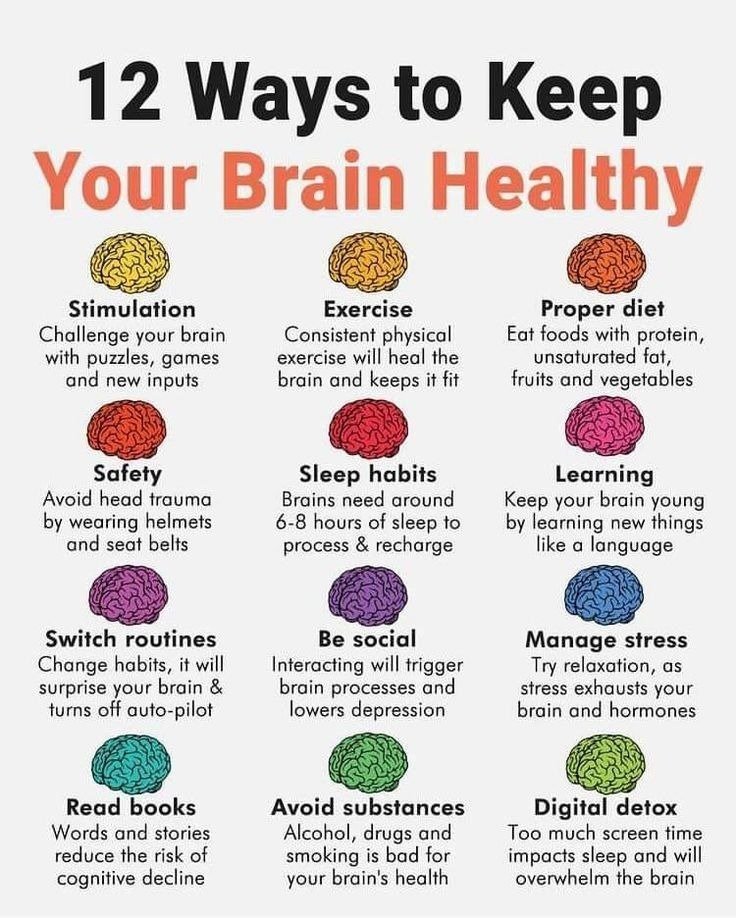The COVID-19 pandemic has had far-reaching effects on human health, extending beyond the well-known respiratory symptoms. Recent studies have shown that even mild cases of COVID-19 can significantly impact heart rate variability (HRV), a measure of the variation in time between successive heartbeats. Brazilian researchers have revealed that this impact can last up to six months, particularly affecting older individuals. This finding underscores the need for further investigation into the long-term cardiovascular effects of COVID-19.
A recent study published in Scientific Reports delved into the impact of mild COVID-19 on HRV, comparing post-COVID individuals to a control group. The study was conducted at the Universidade Ceuma and Universidade Federal de São Carlos in Brazil, aiming to understand how HRV is affected in the months following infection. The researchers hypothesized that individuals previously infected with SARS-CoV-2 would experience reduced HRV, with an initial predominance of the sympathetic nervous system. The study included individuals aged 18 and older who had tested positive for COVID-19 between November 2020 and September 2023, all of whom had experienced mild symptoms and did not require hospitalization.
The study participants were divided into three groups based on the time elapsed since their COVID-19 diagnosis. Group 1 (G1) included individuals assessed within six weeks of testing positive, Group 2 (G2) comprised those evaluated between two and six months after infection, and Group 3 (G3) included individuals evaluated between seven and twelve months post-infection. A control group (CG) consisted of participants who had no history of COVID-19 or other significant health conditions. The study found that HRV measurements were lower in G1 and G2 compared to the control group, indicating a possible autonomic imbalance with sympathetic predominance.
The study’s findings revealed that both the time since infection and the age of the individuals were significant predictors of HRV recovery. G1 and G2 showed reduced parasympathetic activity compared to the control group, suggesting increased stress or sympathetic dominance. In contrast, G3 exhibited higher HRV measures, indicating a potential recovery or protective effect. The study also highlighted that older individuals and those with certain comorbidities were more likely to experience prolonged HRV changes. These results emphasize the importance of monitoring cardiovascular health in post-COVID recovery, especially in vulnerable populations.
The implications of these findings are significant for public health and clinical practice. Understanding the long-term effects of COVID-19 on HRV can help healthcare providers better manage post-COVID care, particularly for older adults and those with pre-existing conditions. Future research should focus on longitudinal studies to validate these observations and explore interventions that can mitigate the impact of COVID-19 on HRV. Additionally, further investigation into the mechanisms underlying these changes can provide insights into the broader cardiovascular effects of COVID-19.
In conclusion, the Brazilian study provides valuable insights into the impact of COVID-19 on HRV, highlighting the transient effects of the virus on the autonomic nervous system. The findings suggest that individuals recovering from COVID-19, especially older adults, may experience prolonged changes in HRV, emphasizing the need for continued monitoring and support. Future robust longitudinal clinical trials are essential to validate these observations and guide clinical practice in managing post-COVID cardiovascular health.




